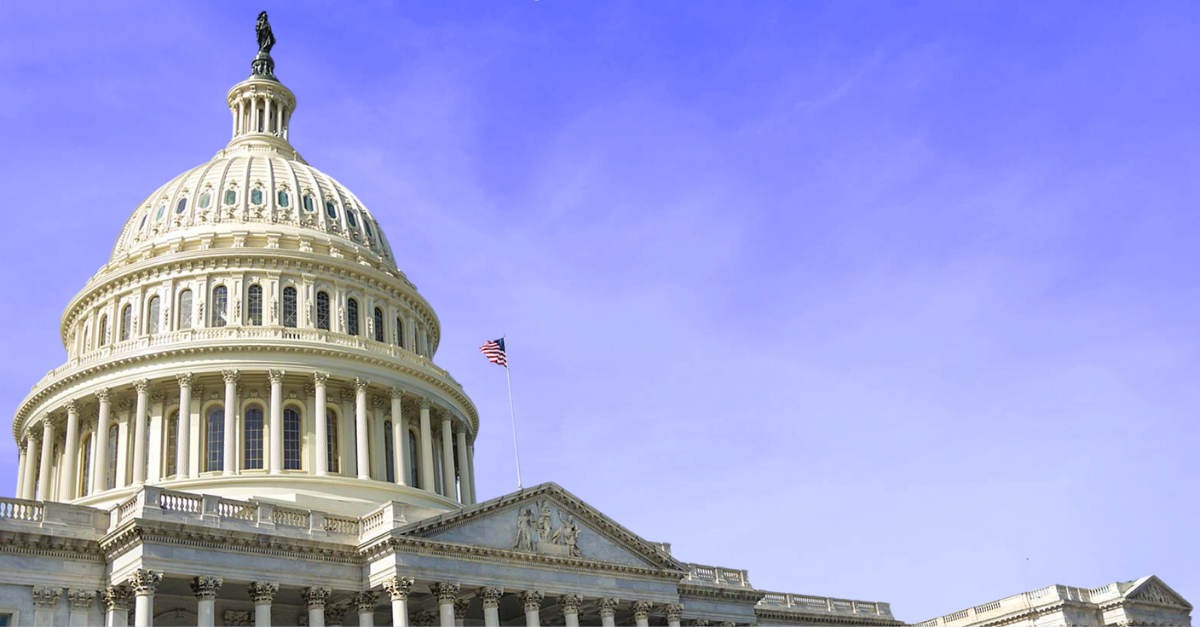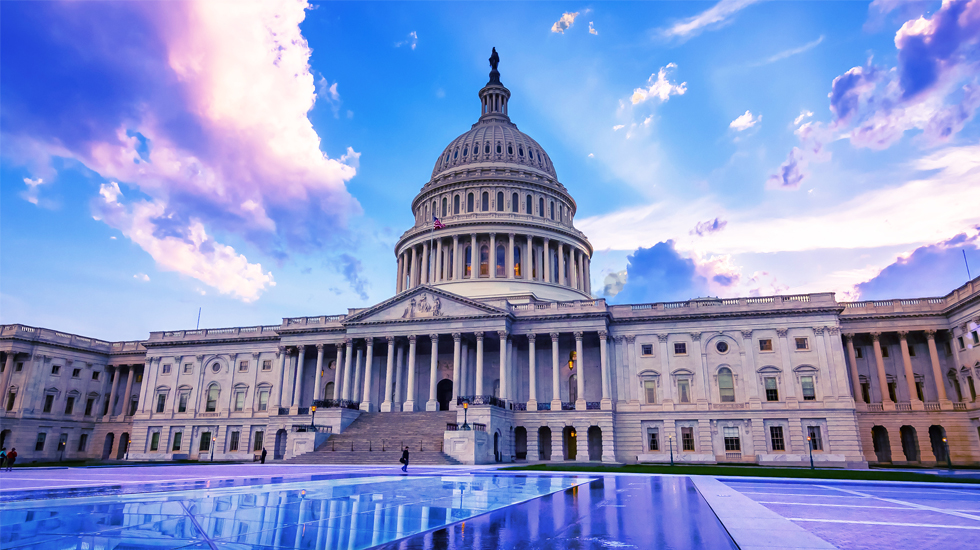Special Alert: DOJ Announces Revisions to Corporate Enforcement Policies
Voluntary self-disclosure, monitor selection, whistleblower tips

Regulatory Insights
- Self-Detection & Disclosure Matter: Revisions clarify the benefits of self-reporting misconduct but also rest on the expectation of a strong compliance program, including detection, self-reporting, remediation, and cooperation.
- Corporate Whistleblower Pilot Program: Whistleblower tips will continue to be welcomed by the DOJ with key focus on areas of procurement and federal program fraud, trade violations, sanctions violations, and support of foreign terrorist organizations.
________________________________________________________________________________________________________________________________
May 2025
In a memo to personnel, the Department of Justice’s Criminal Division (DOJ) announced revisions to its white-collar crime areas of focus. The memo outlines several policy changes including DOJ’s Corporate Enforcement and Voluntary Self-Disclosure Policy (CEP), Monitor Selection Policy, and Corporate Whistleblower Program. Key revisions in each of these policies/programs include:
Corporate Enforcement and Voluntary Self-Disclosure Policy: Changes to the CEP reiterate that “self-disclosure is the key to the most generous benefits the DOJ can offer.” Under the new policy:
- Companies that voluntarily self-disclose to the Criminal Division, fully cooperate, timely and appropriately remediate, and have no aggravating circumstances will not be required to enter into a criminal resolution and will receive a declination, not just a presumption of a declination.
- Companies that have aggravating circumstances but are willing to meet the other requirements (self-disclosure, cooperation, remediation) may be eligible for a CEP declination based on the weighted severity of those aggravating circumstances and the company’s cooperation and remediation.
- Companies that self-disclose in good faith, but “not quickly enough” or after the DOJ is already aware, will be eligible to receive a non-prosecution agreement with a term of fewer than three years, 75 percent reduction of the criminal fine, and no monitor.
The DOJ states that it is currently reviewing all existing company agreements to assess eligibility for early termination based on factors including, but not limited to:
- The duration of the post-resolution period
- “Substantial” reduction in the company’s risk profile
- The extent of remediation and maturity of the compliance corporate program
- Whether the company self-reported the misconduct.
Monitor Selection Policy: The new policy clarifies factors that prosecutors must consider to impose a monitor and to narrowly scope and tailor the monitor’s mandate when a monitor is imposed. These include:
- A top line value criterion for the benefits of the monitor to outweigh its costs (both monetary and operational costs)
- A requirement that the monitor’s costs be proportionate to the severity of the underlying conduct, the profits of the company, and the company’s present size and risk profile.
- Specific factors for consideration, including the:
- Nature and seriousness of the conduct and the risk that it will happen again
- Availability of other effective independent government oversight
- Efficacy of the company’s compliance program and culture of compliance at the time of resolution.
- Maturity of the company’s controls and ability of the company to test and update its compliance program.
- A fee cap, approved budgets for all workplans, and biannual meetings between the company, the monitor, and the DOJ.
The DOJ states that it is reviewing all pre-existing monitorships in an effort to narrow the scope or, where appropriate, terminate a monitorship altogether, based on a totality of the circumstances.
Corporate Whistleblower Pilot Program: Prioritization will now be given to whistleblower tips on issues including procurement and federal program fraud; trade, tariff, and customs fraud; violations of federal immigration law; violations involving sanctions, material support of foreign terrorist organizations, or those that facilitate cartels and transnational criminal organizations, including money laundering, narcotics, and Controlled Substances Act violations.
Explore more
Get the latest from KPMG Regulatory Insights
KPMG Regulatory Insights is the thought leader hub for timely insight on risk and regulatory developments.
Meet our team



